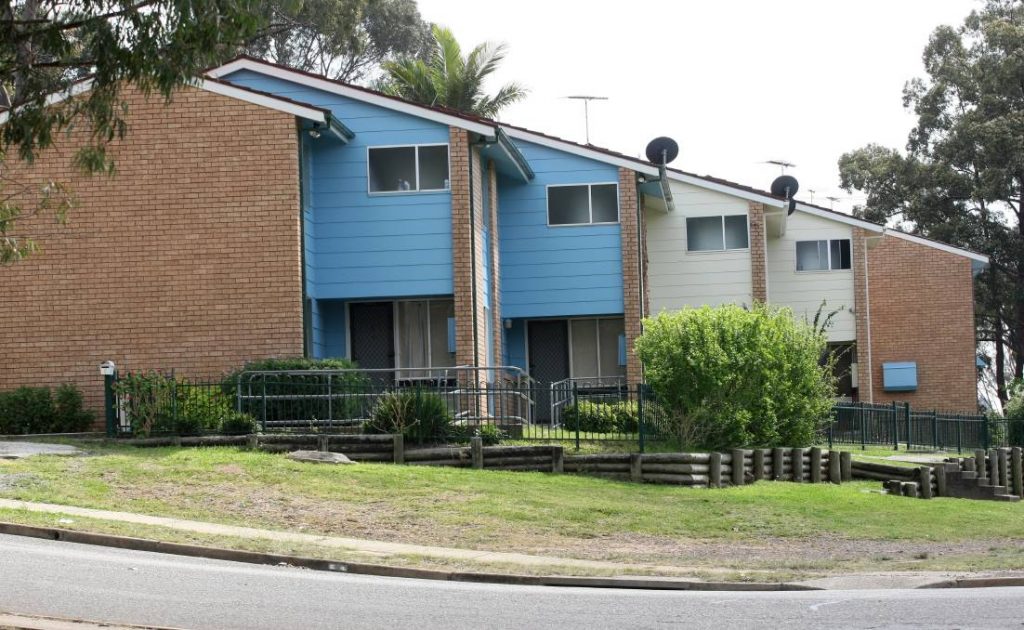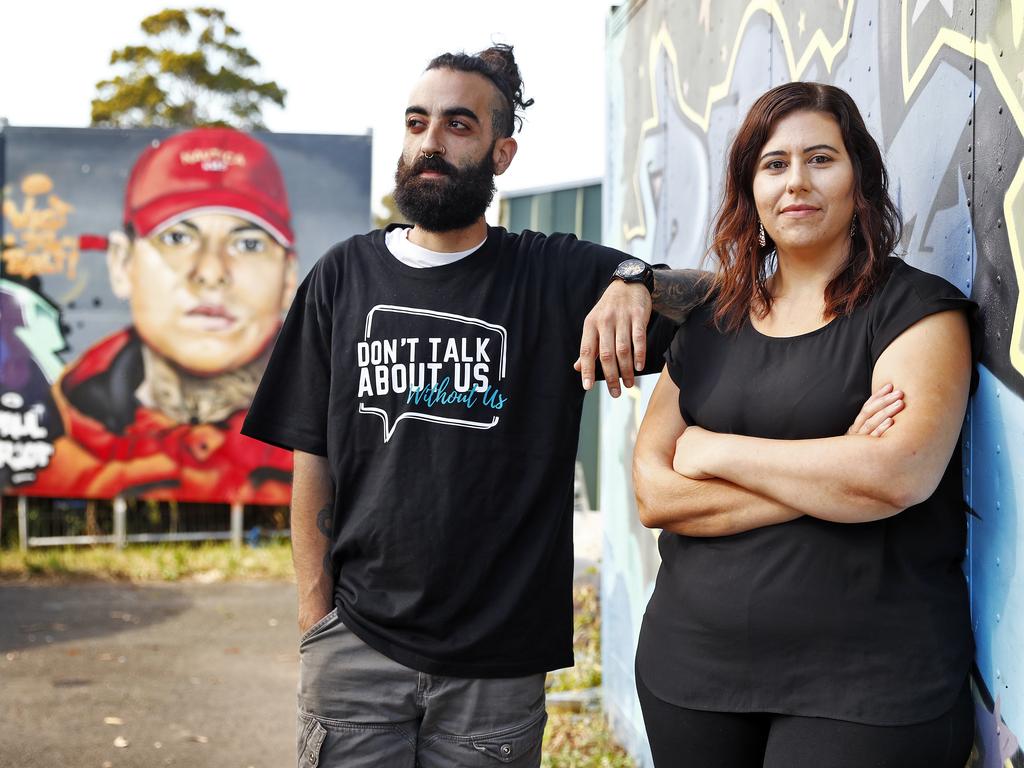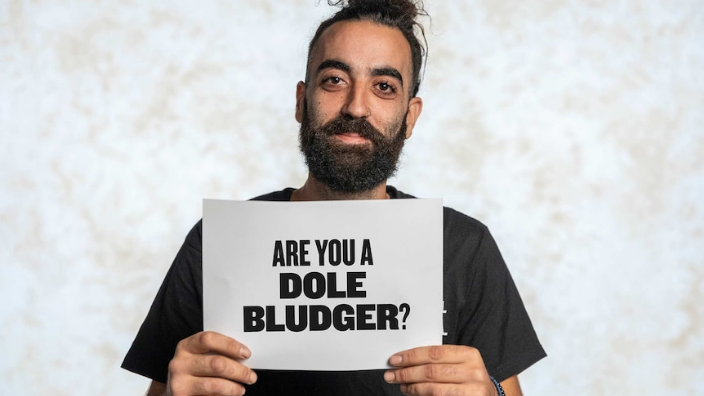The stigma that Nickolas Koutsoudakis faced for living and growing up in housing commission homes has had a long-lasting effect on his life and it’s something he challenges every day.
During an episode of ABC’s series “You Can’t Ask That”, Nickolas, and seven other participants, answered some of the most uncomfortable questions about what life is like for marginalised and misunderstood Australians.
Nickolas, like most people facing the challenges of living in housing commission, grew up in difficult circumstances as his mother was in an abusive relationship.
His mother kicked Nickolas and his siblings out of the house when he was just 13 years of age.
‘What do you do all day, drink, and smoke?’
In the ABC series, Nickolas is asked the above question which reflects the common misconception that all people in public housing are either alcoholics, drug addicts or just lazy.
“Clearly not because I have a job,” Nickolas refuted in his episode.
“After work I go and volunteer full time, then I’ll come home and do whatever I need to do at home and then I’ll go to bed ready for the next day.”
The single dad said that, like anything else in life, lone-parenting is hard and has its challenges, but he does the best he can.

A 2020 report by the Australian Institute of Health and Welfare (AIHW) found that over 800,000 Australians lived in public housing in over 436,000 dwellings across the country.
Between 2019 and 2020, 34,100 new households were allocated to public housing: 47% of which were single adults and 22% being sole parents with dependent children.
Experience of mental illness, domestic violence, emotional abuse, parental abandonment, generational substance abuse and financial hardships are the most common reasons for entering public housing, according to a report co-authored by the Australian Housing and Urban Research Institute.
With these factors in mind, Nickolas focused on raising mental health awareness throughout his episode. He explained that depression and anxiety is a leading issue around the world and even more so in small housing commissions communities.
“Everyone is struggling, and everyone is doing it hard. Everyone’s depressed and everyone’s anxious, it’s only a matter of time before you’re going to become depressed and anxious about your life too,” Nickolas said.
And what about the issue of financial hardship? When the question “Are you poor?” was asked, there was an air of caution and thought before Nickolas replied.
“Rich in heart but my pockets could be a bit bigger, you know,” he said.
‘Why do you all trash your houses? Don’t you have any respect?’
Nickolas’ response to this question was: “First of all, have you been to my mother’s house? You can eat off her floor and its housing commission.”
“I bring my son there, I go there. No, we do not trash our houses.”

Nickolas then shared his belief that, like most houses that need upkeep, these housing commission dwellings tend to be neglected by the state.
“If you’re waiting 10 years on a waiting list to get the bloody house, you’re going to wait the same amount of time to fix your light switch,” he said.
‘Do you look after each other or is it just a community of low lives?’
After what you could imagine was a shocked reaction to this very inflammatory question, Nickolas talked about the low-income community and the support that everyone has for each other in a world that only they understand.
“You struggle together, you talk about the struggle together, you laugh together, you cry together, you need people in this community,” he said.
“We look after each other 100 percent.”
Nickolas concluded his story by explaining that he no longer lives in housing commission after he was determined to have something of his own. This determination grew from living in this low-income community and the strength that experience provided him.
A strength that gives him the freedom to dream of a life of self-sufficiency and something bigger for him and his son.
“If I could have a dream, it would be to be completely self-sufficient… and teaching my son how to do that as well,” Nickolas concluded.

